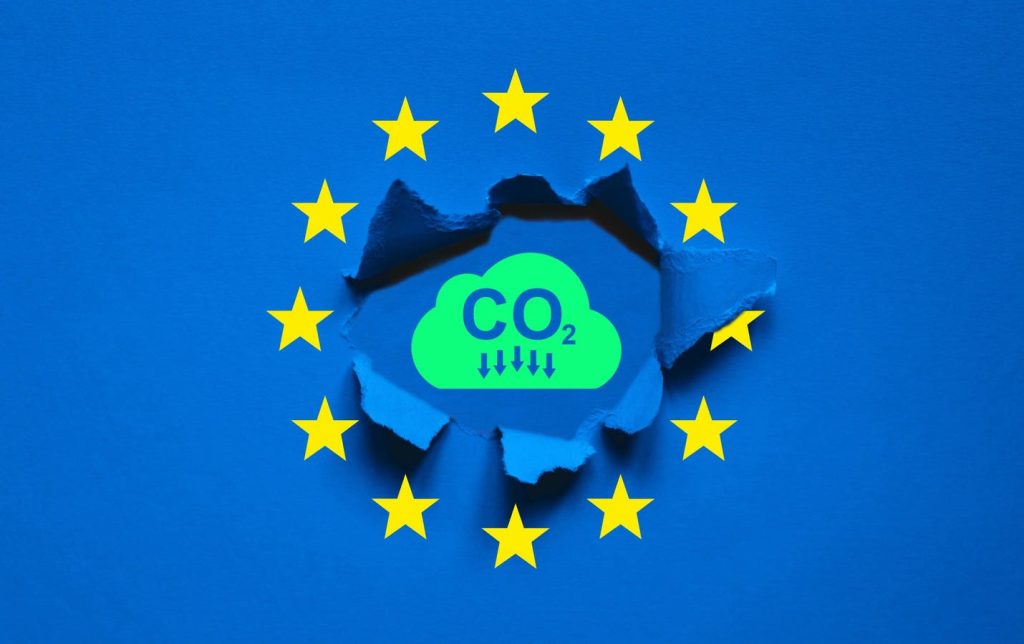Europe is facing a dilemma as it aims to transition its citizens towards using electric vehicles (EVs) by outlawing new internal combustion engines by 2035. However, the challenge lies in the fact that EVs are currently too expensive to achieve mass market sales. The European Union and the British government find themselves in a tough spot, as local auto manufacturers lack the capacity to meet the ambitious targets set for 2035, while Chinese manufacturers have the ability to produce more affordable EVs. This could potentially deal a blow to European automakers, but diluting the CO2 requirements to save the industry would mean a loss of political face.
Moreover, the EU is concerned about illegal subsidies from China on EV sales to Europe and is considering raising import tariffs on Chinese EVs. This move could lead to retaliatory actions from China, affecting Germany’s interests. Despite efforts to promote EV adoption, current sales in Europe have stalled at around 2 million per year. Forecasts still predict a surge in sales to close to 9 million by 2030, but this growth rate may not be fast enough to meet the target of an 80% market share by that year.
In the UK, automakers face strict EV sales quotas that increase annually, reaching 100% by 2035. Stellantis CEO Carlos Tavares has criticized these targets, as they could lead to financial losses for the company. Other CEOs, like BMW’s Oliver Zipse, are calling for changes in the ban on new ICE vehicles in 2035 and are advocating for tax incentives to reduce CO2 emissions. Forecasters have revised their estimates of European EV sales for 2030, with some predicting a market share of 65% by then.
The transition to zero emissions by 2035 will involve extended hybridization and improved plug-in hybrids with significant EV-only ranges. The industry is pausing EV efforts ahead of stricter fleet emissions targets, and changes in company car taxation will penalize ICE vehicles. Big cities are expected to ban ICE access while encouraging electrification of taxi services. Despite the challenges, experts believe that the EU’s plan is achievable if sustained support is provided.
As the elections in June approach, some political groups are pushing to reverse the ban on new ICE vehicle sales by 2035. This could potentially impact the EU’s plan, but the outcome of political negotiations remains uncertain. Cooperation between European and Chinese manufacturers is expected to increase, with some companies already forming joint ventures with Chinese partners to sell more affordable EVs. The EU faces a crucial decision on whether to raise import tariffs on Chinese EVs, which could hinder the transition to electric vehicles for the mass market.


